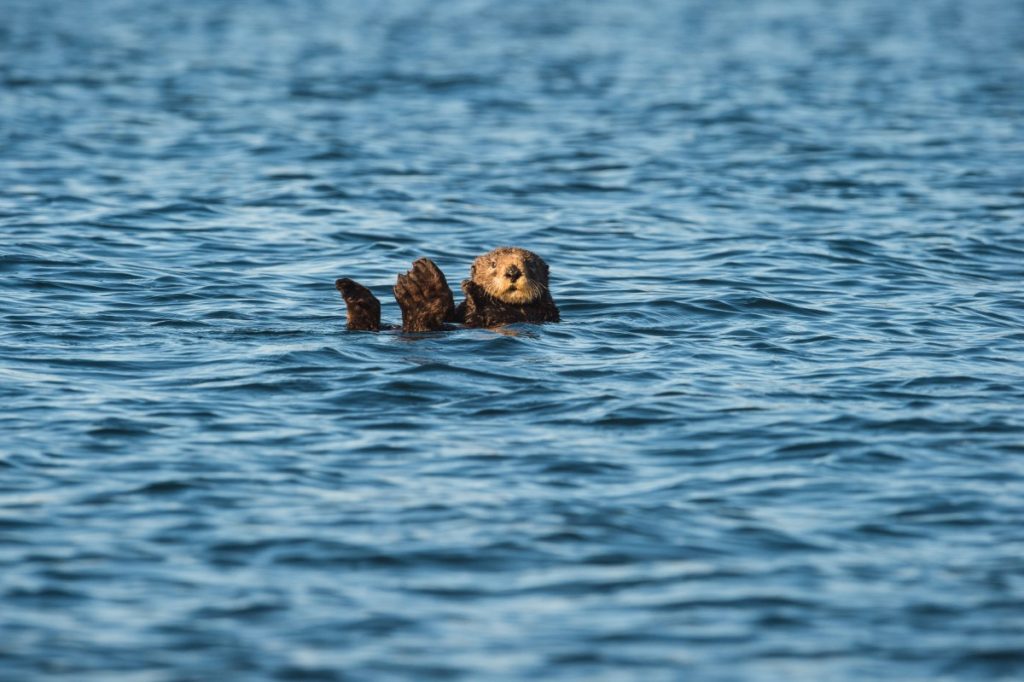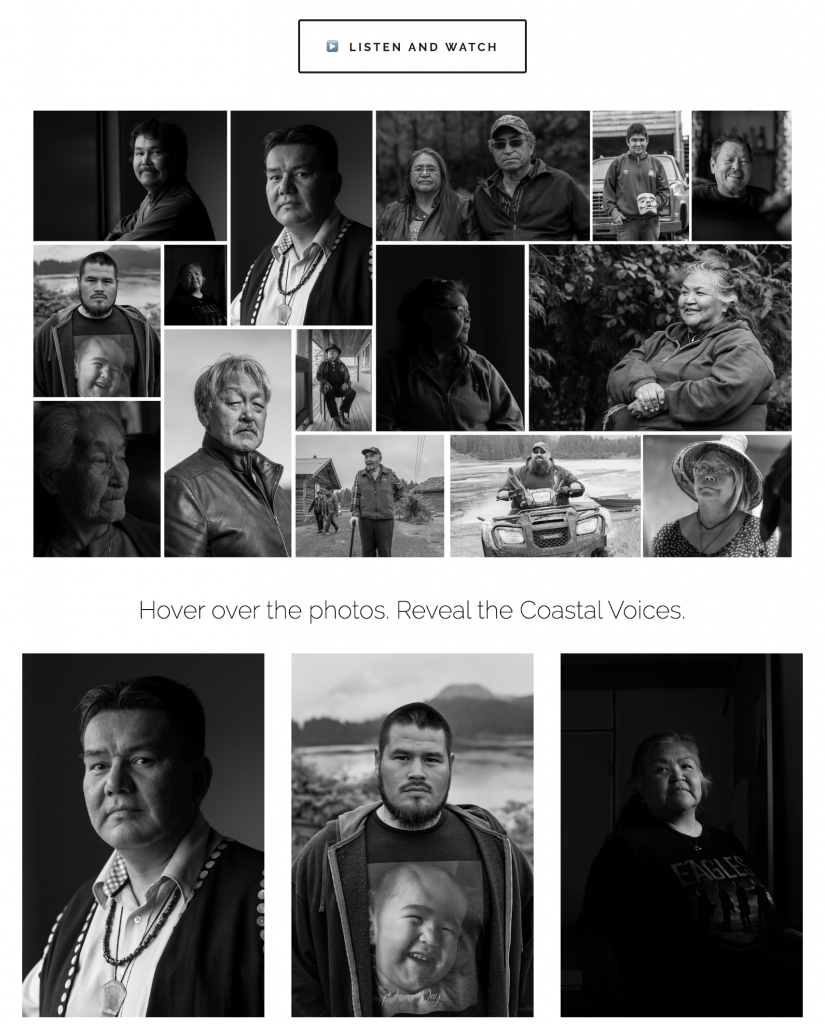When people think about sea otters the first thing that often comes to mind is their endearing cuteness, but they are much more important than that. Today, the return of this keystone species is a living reminder of what restoration, conservation and compassion for non-human species can achieve.
This baby sea otter pup has a lot to be happy about, it is currently protected from hunting along the BC coast and has a productive ocean to call home. However, if it had been born just after the turn of the last century it would not have survived long. By the early 1900’s, every single sea otter had been hunted along the BC coast, not a single individual survived the brutality and greed of the fur trade. Today, the return of this keystone species is a living reminder of what restoration, conservation and compassion for non-human species can achieve.

“Our ancestors had a way of managing our relationship with the sea otters, they had a place in the ecosystem. With today’s laws there is a delicate balance and Indigenous people need to be a part of the discussion regarding their management.”
— Skil-Hilans, Allan Davidson, Hereditary Chief, Haida GAW
Browse through the collection of videos at coastalvoices.net that highlight how Indigenous communities in British Columbia and Alaska managed their relationship with sea otters in the past, the challenges presented by sea otters today, and how these communities are planning for the future. These stories are by Coastal Voices, a diverse group of Indigenous leaders, scientists and artists from British Columbia and Alaska who are working together to discuss and plan for the profound changes triggered by the return of sea otters. Through the lens of traditional knowledge and western science, their goal is to collect and share information and begin a respectful dialogue to better equip coastal communities and policy makers with ecologically sustainable and socially just strategies to navigate the changes that come with the recovery of this key predator.

